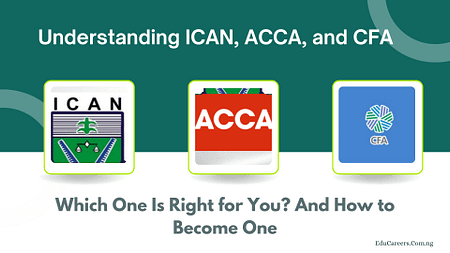A career as a financial advisor can be highly rewarding, offering the chance to help individuals achieve their financial goals while enjoying a lucrative profession. However, understanding the pathway to becoming a financial advisor requires more than just enthusiasm. This guide breaks down the key steps, qualifications, and career outlook to help you embark on this fulfilling journey.
What is a Financial Advisor?
A financial advisor is a professional who provides guidance on financial matters such as investments, retirement planning, estate planning, debt management, and insurance. Their goal is to help clients build wealth and achieve financial stability by offering tailored financial strategies.
Key Duties of a Financial Advisor
- Assessing Clients’ Needs: Understanding the financial goals, income, and risk tolerance of their clients.
- Developing Financial Plans: Crafting strategies to achieve short- and long-term financial objectives.
- Managing Investments: Offering advice on stocks, mutual funds, real estate, and other investment opportunities.
- Advising on Insurance: Recommending suitable life, health, and property insurance policies.
- Monitoring Financial Progress: Regularly reviewing and adjusting plans to meet evolving goals and market changes.
Qualifications Needed to Become a Financial Advisor
1. Education
- Degree Requirements: Most financial advisors hold a bachelor’s degree in finance, accounting, economics, or business administration.
- Relevant Certifications: Earning credentials such as the Certified Financial Planner (CFP), Chartered Financial Analyst (CFA), or Personal Financial Specialist (PFS) can set you apart in the field.
2. Skills to Master
- Analytical thinking
- Excellent communication
- Problem-solving
- Relationship management
- Knowledge of financial software tools
How to Start Your Career as a Financial Advisor
1. Get Licensed
Depending on your country, you may need licenses to sell certain financial products. For instance, in Nigeria, financial advisors often require accreditation from regulatory bodies like the Securities and Exchange Commission (SEC).
2. Gain Experience
Many advisors begin their careers in entry-level financial roles such as bank teller, insurance agent, or investment associate. Internships during or after university can also provide valuable insights.
3. Choose Your Niche
Identify the area you want to specialize in, such as wealth management, retirement planning, or corporate finance. This focus can enhance your credibility and make your services more marketable.
To Receive Latest Updates on: Scholarships, Internships, Recruitments and Job Opportunities Join our Telegram and WhatsApp Group Now!!
4. Build a Client Base
Networking is crucial. Leverage personal connections, attend industry events, and utilize digital platforms like LinkedIn to build trust and attract clients.
FAQs: Becoming a Financial Advisor
What is the Best Degree for a Financial Advisor?
Degrees in finance, economics, or business are highly recommended. Specialized certifications like CFP or CFA further boost credibility.
How Much Does a Financial Advisor Earn?
Income varies widely depending on location, experience, and specialization. In Nigeria, entry-level advisors might earn around ₦250,000 monthly, with experienced professionals earning significantly more.
What Challenges Do Financial Advisors Face?
- Keeping up with evolving regulations
- Managing market fluctuations
- Building and maintaining client trust
Career Opportunities for Financial Advisors in Nigeria
Nigeria’s financial sector is expanding rapidly, creating opportunities for financial advisors in banking, insurance, investment firms, and startups. Many advisors are also opting to work independently, offering personalized financial planning services online and in-person.






